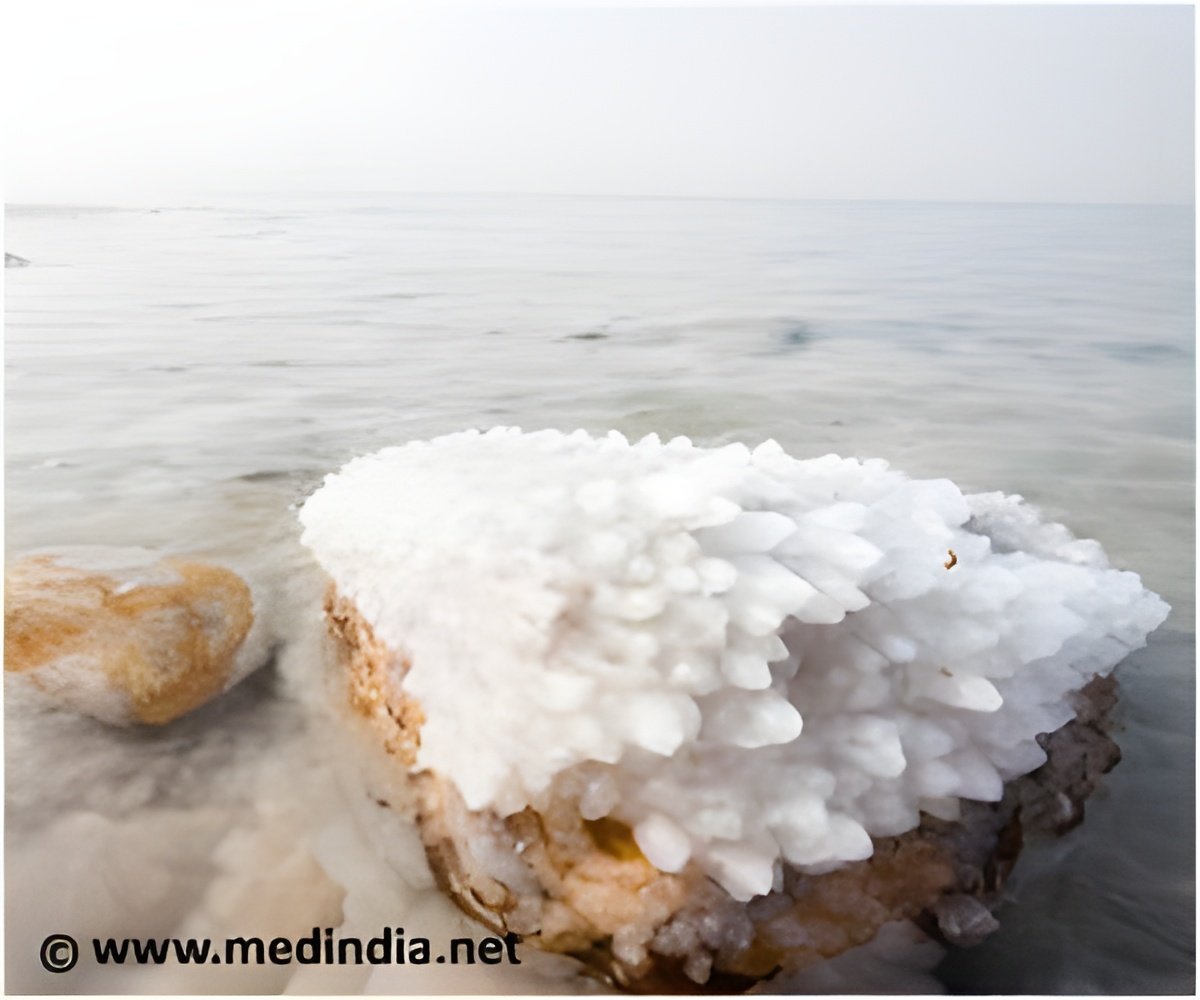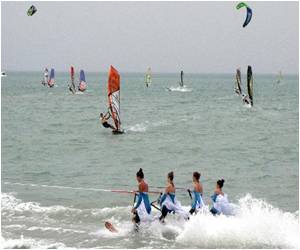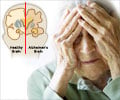While many teenagers would feel unsafe in a shark-infested sea that in their own neighbourhood, Luxolo Ponco feels this is safe.

"When the gangs fight I come here to surf and I feel safe," he says.
Safety is relative. A week before Luxolo spoke to AFP a surfer was attacked by a Great White shark just a few kilometres down the beach.
And in June, a fisherman was shot dead by robbers before dawn on the same stretch of coastline.
But Luxolo, 17, is one of about 250 youths from Khayelitsha who have found a new perspective on life with Waves for Change, a non-governmental organisation founded and run by British surfer Tim Conibear.
With a cold wind blowing one recent winter's day, more than 30 children aged from seven upwards gathered cheerfully in a scruffy compound housing an old container full of surfboards and wetsuits.
Advertisement
Khayelitsha sprawls for 43 square kilometres (16 square miles) of makeshift shacks and humble houses over a flat and featureless plain.
Advertisement
The beach looks out on the vast blue waters of False Bay, which curves from a dramatic mountain range in the east to Cape Point, Africa's most south-western tip.
The Cape's famed natural beauty draws multitudes of tourists, but South Africa is a work in progress just 20 years after the end of the racial system of apartheid, which barred people like Luxolo from 'whites-only' beaches.
The anger and despair among impoverished people who feel they have not benefited enough under the new black majority government often explodes into violence.
But on the beach at Monwabisi, the children and the teenagers put that behind them.
"I love surfing too much," says Thozamile Nompondo, a fit 19-year-old who has been with the programme since he was 16 and is one of the 'young leaders' of the project.
He says he sniffed glue and smoked marijuana, feeling pressured by his friends in the township to join one of the gangs.
"Since I joined surfing I said no more gangsters. It has changed my life."
The children pull on their wet-suits bought with sponsors' money, some a bit baggy and likely to let in more of the cold winter water than they should.
And some carry boards that are the worse for wear.
But when they reach the beach and have done their warm-up run, along with a traditional song and dance for energy, they plunge into the sea with astonishing confidence.
Most of them could not swim when they joined the programme and have barely seen the beach, despite its proximity to their homes.
"There is this amazing resource on their doorstep -- people in other areas pay millions to live by the beach," says Conibear, 32.
A keen surfer who first came to South Africa with the ambition of becoming a wine maker, Conibear fell in love with both the Cape and a local woman, to whom he is now married.
Moved by the plight of people in the townships -- the name given to urban areas for blacks under apartheid -- he established Waves for Change with the idea of getting children hooked on surfing rather than the more negative attractions of their neighbourhood.
This helps secure regular attendance at the programme, which also "promotes active learning, open discussion and connection to further social, health and educational support", he says.
- 'The sea helped me change' -
Most of the children have experienced emotional trauma, ranging from physical and sexual abuse to domestic violence and neglect.
Many are referred to the programme by schools where they are seen to be struggling.
The children "learn to believe in themselves and realize they can achieve their goals," says Nolwazi Makhuluphala, the NGO's senior child and youth care officer.
Khayelitsha programme manager 'MacGyver' Ngeyakhe, 26, sporting a big smile through a few missing teeth, plenty of tattoos and an earring in each ear, has a past matching those of the children in his care.
"I was a bad boy. The sea helped me change," he says.
As evidence of the fact that the programme is doing the same for the youngsters in his care he points out that "they still wanted to surf the day of the shark attack".
A shy 13-year-old who gave his name only as Asenathi, had a wonderfully ironic explanation for this courage, unwittingly reflecting the fact that the sea was for so long a preserve of whites.
"We are scared of the sharks, but we told ourselves that we never heard that there were black people who were eaten by the sharks -- it's always white people only. That's what we told ourselves to keep us strong."
Source-AFP









